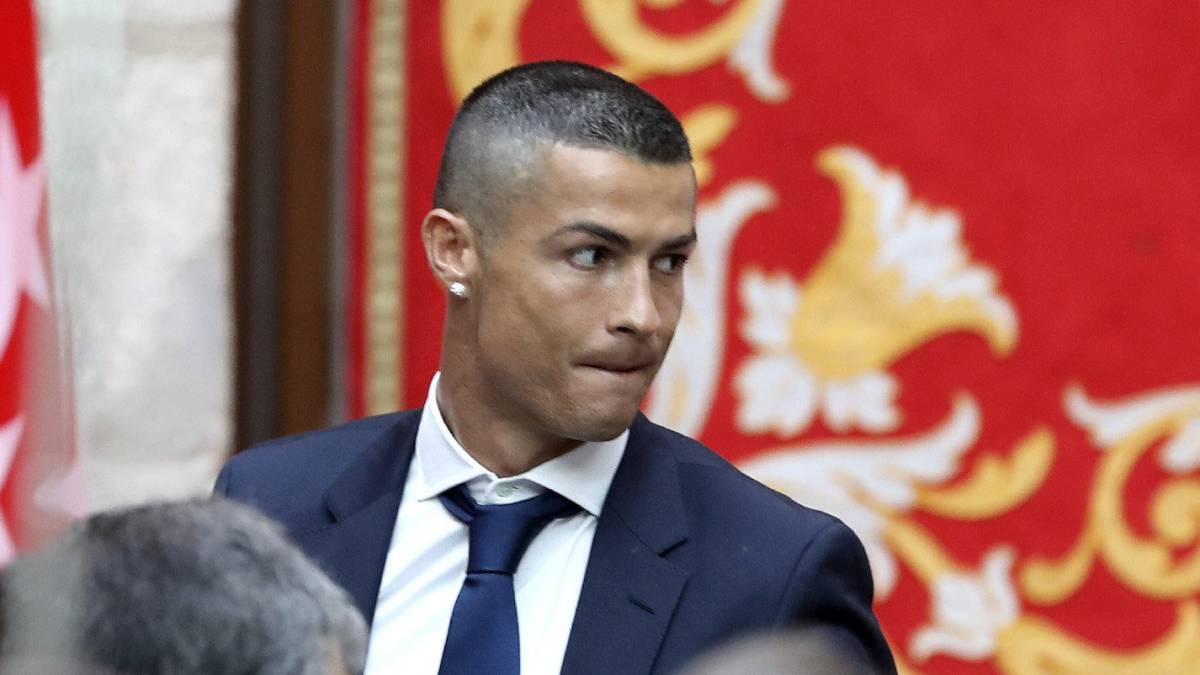
Leicester City. The mere mention of that football club should just about render this analysis useless.
Except you’ve been living under a rock for the past two years or you’ve been stuck in the past in some time machine and then suddenly appeared in 2017, then you should have heard of the once-in-a-lifetime never-heard-of-before feat of the Leicester City team of 2015-2016. A little-fancied side who had just gained promotion into the Premier League, and struggled to retain that status in the 2014-2015 season somehow defied the odds – and they were pretty crazy – to win the league title the next season. For the sake of this conversation, let’s point out that they did it with a net spend of £20.3 million. It was the perfect point to back the argument that money doesn’t automatically guarantee success in football.
Or does it? The next season, Manchester United broke the transfer world record, Manchester City, Chelsea and all the other big boys splashed the cash despite already possessing more quality than little Leicester City. One of Leicester’s midfield generals en route the title, N’Golo Kante was poached by Chelsea – who went on to win the league. Leicester’s feat proved unsustainable and a one-off. They may not have spent a truckload of money to get to the top, but they definitely needed to spend to sustain it.
It’s football in 2017. It’s no coincidence that some of the biggest, most successful club are the wealthiest and those that splash the biggest fees in the transfer window. Because as much as the essence of coaching is to render the imbalance in players’ quality irrelevant, there’s also the argument that it takes quality players to interpret top class coaching and execute ideas of the coach – especially those with strong philosophies. With due respect to Leicester, big clubs are more interested in sustained success, and continuous investment in the team has proven to be a formula to achieving this.
For instance, Manchester City with a squad comprising top quality (and big money) players like Sergio Aguero, Kevin De Bruyne, David Silva, Raheem Sterling and Nicolás Otamendi went ahead to spend a net of £143.5 million in the 2016-2017 season. That sum was only good enough to leave them trophyless, and third in the Premier League at the end of the season; behind Chelsea and Tottenham who had net spends of less than £30 million each. So what did they do? They didn’t turn to coaching magic out of their ‘average’ players a la Claudio Ranieri; and Manchester City have one of – if not the best – the best coaches in the world. They just went on to spend another £142.1 (net) the next summer.
It’s turned out to be the right decision. City are having an ethereal season. A record breaking season that will be remembered for a years to come. Kyle Walker, Benjamin Mendy (until his injury) and Bernardo Silva have proven to be upgrades over Bakary Sagna, Gael Clichy and Jesus Navas. They’ve interpreted instructions better and offered the squad more desire and quality. City’s extra spending has yielded.
Cue in Manchester United. The Red Devils came into this season needing not only to return to the Premier League top four, which they had missed out of in two of the last three season, but also with the “responsibility” to challenge for the title. Last season, they broke the transfer record with the re-signing of Paul Pogba from Juventus, yet, they endured a topsy-turvy season that was only salvaged by Europa League triumph in May. So what do they do? They go ahead to spend more money. Nemanja Matic, Romelu Lukaku, Victor Lindelöf came into the side to bring their net spend in two years to about £250 million. Still, after their 2-2 home draw with Burnley, they find themselves 15 points behind leaders Manchester City.
Mourinho cried after the game about how his side’s spending was “not enough”, and how City could afford to “buy full-backs for the price of strikers”. Well you get the point. He feels City have more freedom and will to spend while his side have been, and are being restricted in the transfer window. Afterall, it’s widely believed the Portuguese wanted Inter Milan winger Ivan Perisic in the summer, but the deal fell through because Manchester United couldn’t match the valuation of the Italian side.
Now there are a few things that I can’t explained: Are we having this conversation because City are putting up an unprecedented and unimaginably season? Could United have still done better in games against Stoke City, Huddersfield Town, Burnley and Leicester City with their current squad? We’ll never know. City themselves have won a few games this season by the odd goal. Could it be due to the extra quality they possess? Or could it just be that they were better coached…because one could argue that United weren’t properly coached in those games above. All these questions, I can’t answer.
The bottomline though is that in today’s game, you need to spend big to strengthen and sustain a team. And Mourinho knows that Manchester United, being one of the wealthiest clubs in Europe, have the wherewithal to match, if not surpass their neighbours in the transfer window. Also, there’s the thing about City looking to spend even further. If Mourinho thinks that spending more money is indeed the best formula to achieve the success expected of him, it’s hard to argue against his line of thought.
One man who will certainly not agree is Sir Alex Ferguson, Manchester United’s manager for 26 years. After finally wrestling back the Premier League title from Chelsea and winning it in three consecutive seasons between 2006-07 to 2008-09, he let out on how he handled the threat of Chelsea’s big-money spending
“Chelsea changed the face of the league and we knew we had to raise the bar,” he said. “But ours was a long-term view, with younger players, and that policy has worked. We felt we should build a team that would last for a long time. That required a bit of patience at the time but we knew that we couldn’t match Chelsea in terms of spending power, so the sensible thing was to go that way and identify younger players who, in the long-term, would develop into top players.”
But Sir Alex Ferguson also made sure to talk about the only reason he was able to achieve that. Something that is dead in modern football – longevity of coaches.
“The main difference between Chelsea and ourselves is that they’ve changed their management structure three times in recent seasons. The longevity I have gives me the ability to look at the bigger picture all the time. I can look and plan for three or four years ahead, whereas a manager coming into another club doesn’t have that time.”
Maybe Jose Mourinho has a point to moan about not spending more. The pressure is more than ever at the big clubs to win every title every season. Surely Mourinho can’t get the sort of patience Ferguson had. Across the city, he can see how splashing to bring in upgrades can change the face of a squad and bring improved results…or maybe he’s totally off point and Leicester City is proof of that.









